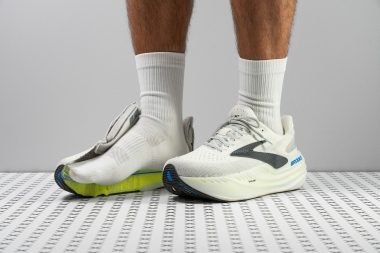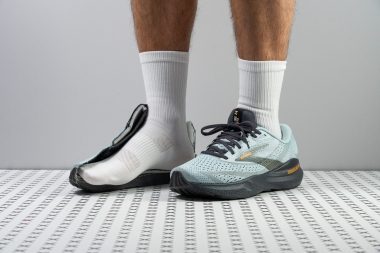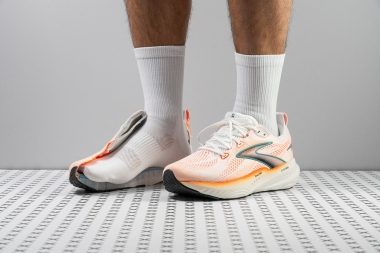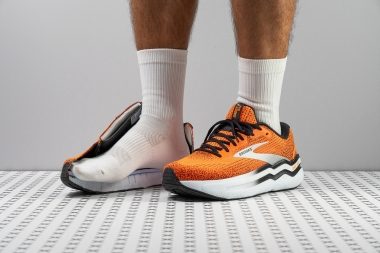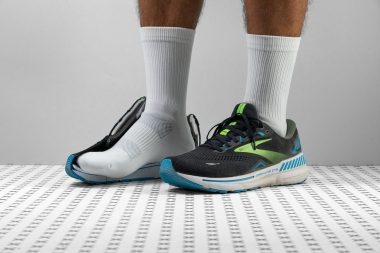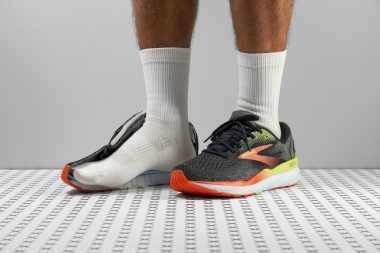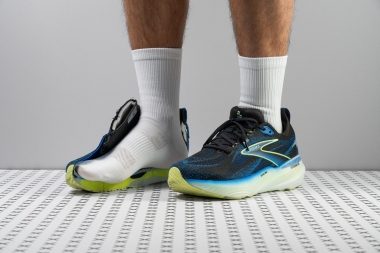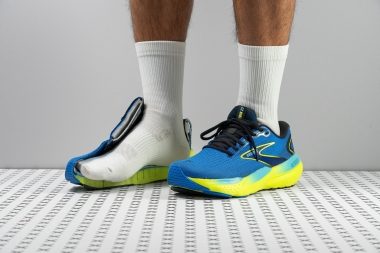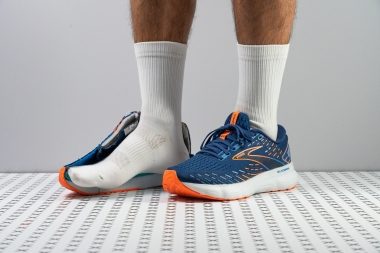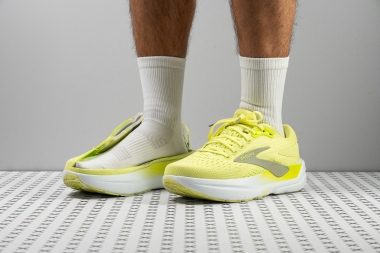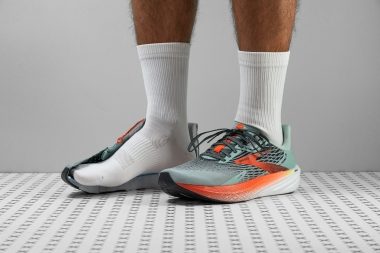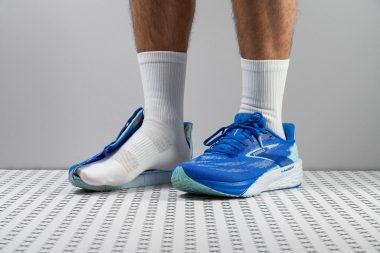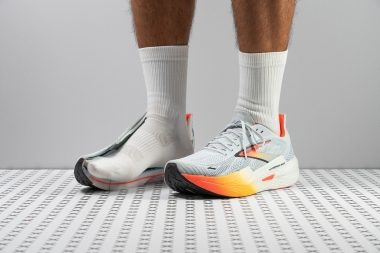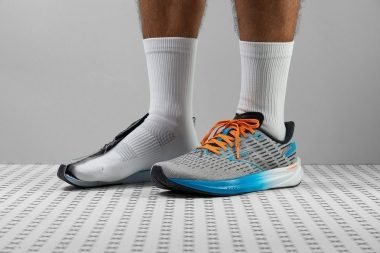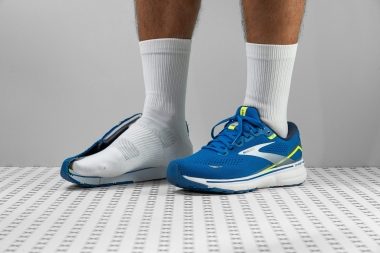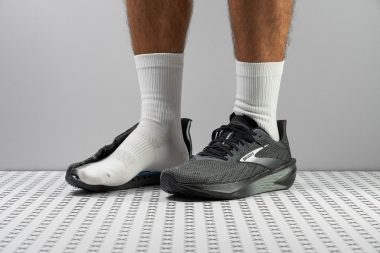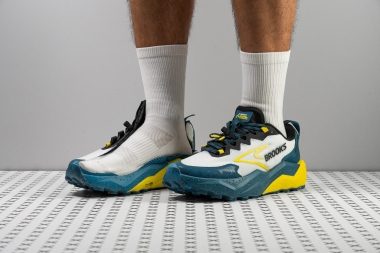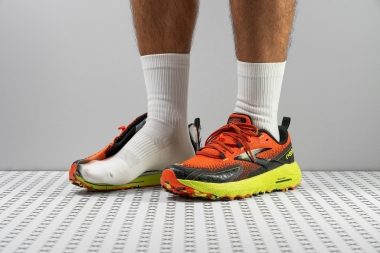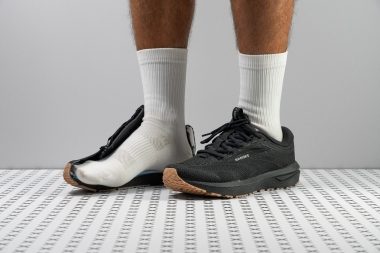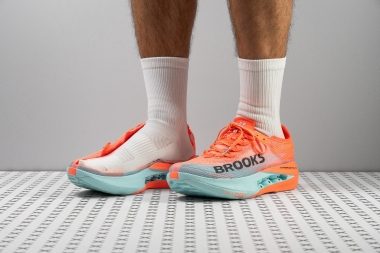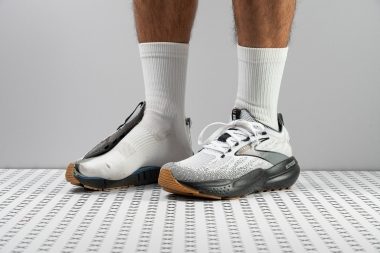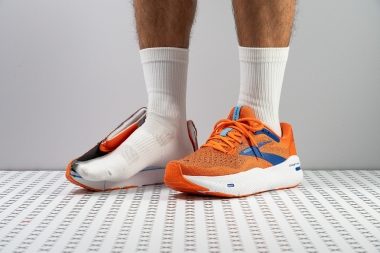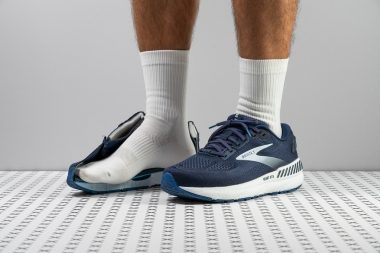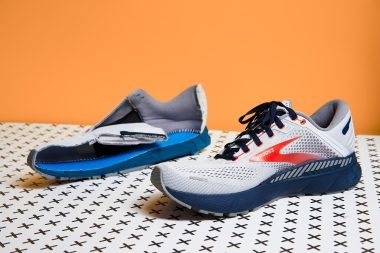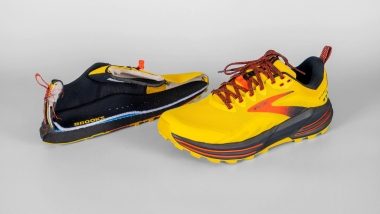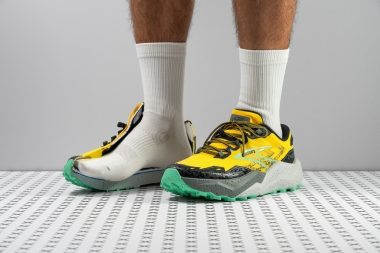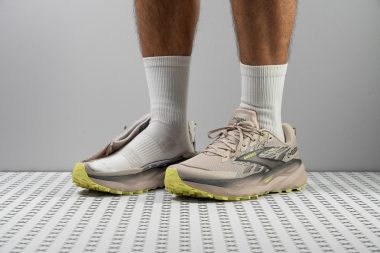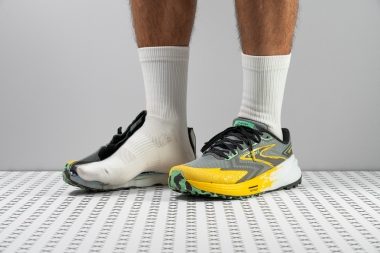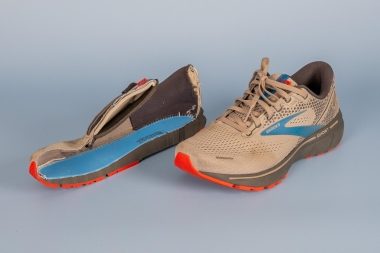Brooks running shoe reviews
66 shoes reviewed
We buy shoes ourselves. We earn commissions when you buy through us, at no extra cost. Why trust us
- 89Great$200 $150Save 25%
- 85Good$140 $110Save 21%
- 87Great$165 $125Save 24%
- 85Good$150 $100Save 33%
- 89Great$140 $85Save 39%
- 81Good$140 $83Save 41%
- 79Good$165 $125Save 24%
- 86Good$160 $100Save 38%
- 89Great$160 $90Save 44%
- 85Good$160
- 88Great$170 $90Save 47%
- 83Good$120 $100Save 17%
- 88Great$180 $115Save 36%
- 88Great$130 $78Save 40%
- 88Great$140 $99Save 29%
- 88Great$140 $90Save 36%
- Brooks Caldera 8New89Great$150 $110Save 27%
- 86Good$140 $81Save 42%
- 83Good$100 $70Save 30%
- Brooks Ghost 17New76Decent$150
- 91Superb$275
- 84Good$160 $90Save 44%
- 91Superb$150 $90Save 40%
- 86Good$160
- 89Great$140 $115Save 18%
- 87Great$130 $98Save 25%
- 88Great$150 $113Save 25%
- 86Good$150
- 89Great$170 $97Save 43%
- 91Superb$140 $112Save 20%
Overall review lists
Similar review lists
Our reviews of Brooks running shoes focus on every feature that's essential to runners. We've tested several Brooks running shoes - whether they're road or trail, low-drop or high-drop, and even neutral or stability. These shoes have been tested by us in our running sessions and lab tests.



